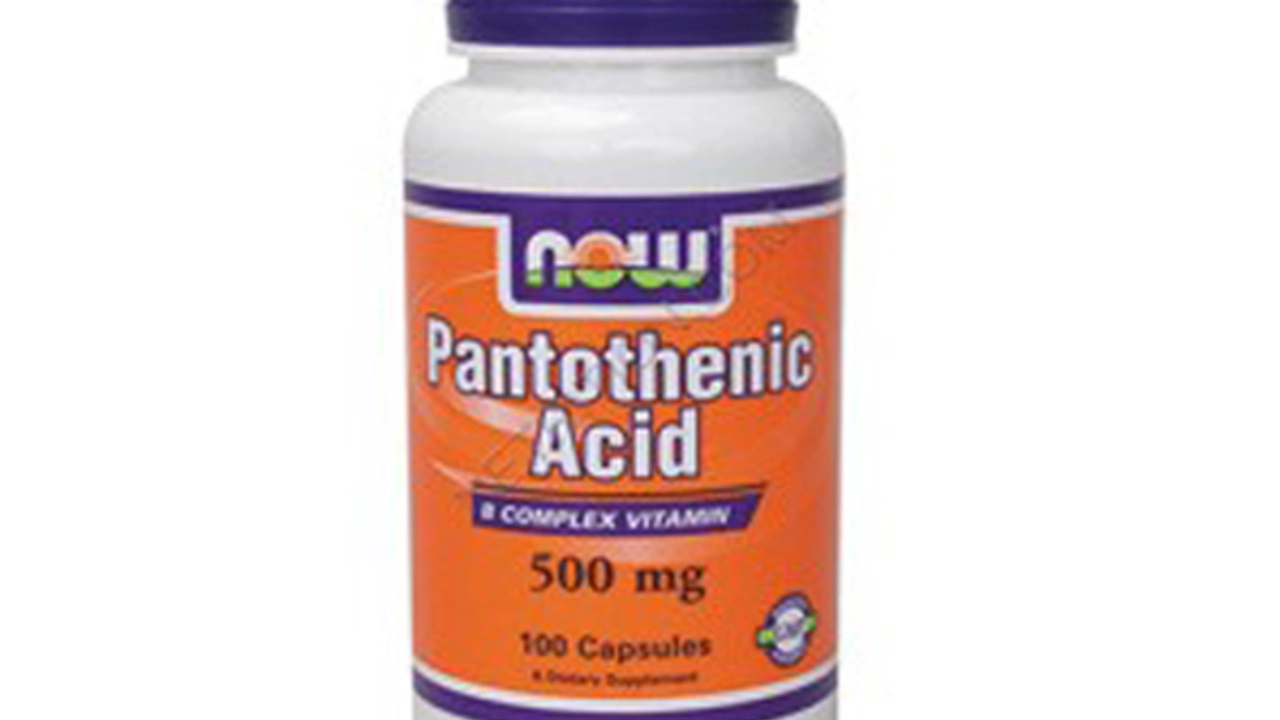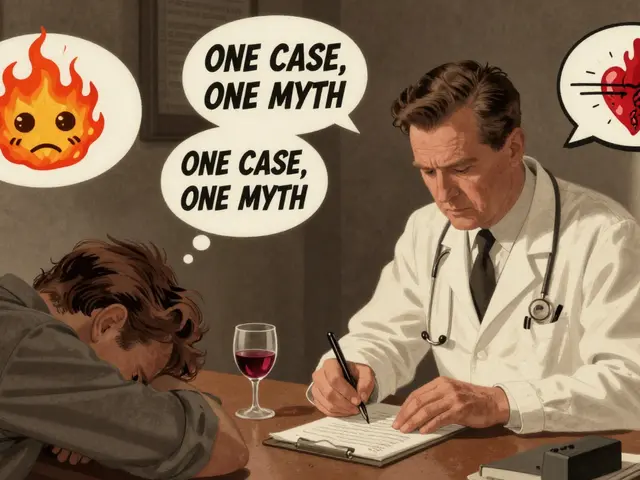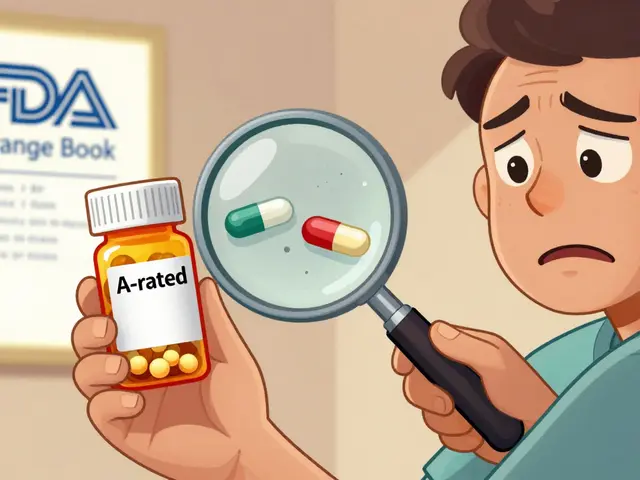Saffron: What It Does, How to Use It, and How to Stay Safe
Saffron is more than a spice. People use it in cooking, supplements, and folk remedies. It’s prized for its color, aroma, and possible mood and menstrual benefits. This page gives clear, practical advice: what saffron helps with, how much to take, safety risks, and how to spot real saffron.
What saffron can help with
Small clinical trials show saffron can help mild-to-moderate depression and PMS symptoms. Typical trial doses are 15–30 mg per day and some studies compared saffron to standard antidepressants with similar short-term results. People also use saffron for improved mood, sleep, and libido. In cooking, tiny amounts add flavor and a golden color without affecting blood sugar or weight.
Remember: most promising results come from short trials with limited participants. Saffron is not a replacement for prescribed meds for severe depression or chronic conditions. If you’re considering saffron for mood or other health reasons, talk with your doctor first.
Dosage, safety, and interactions
For supplements, common doses in studies are 15 mg twice daily (30 mg total) or 15 mg once daily. Culinary use is much lower — a few threads per dish. Avoid very large doses. Doses over a few grams can be toxic; historically, doses above 5 grams are reported to cause serious effects. Stick to supplement labels or study-based amounts.
Saffron may interact with blood thinners and drugs that affect mood (SSRIs, SNRIs). It can lower blood pressure in some people, so be cautious if you take blood pressure meds. Pregnant people should avoid supplemental saffron because high amounts may stimulate uterine activity. Common mild side effects include nausea, dizziness, and headache.
If you take antidepressants, blood thinners, or blood pressure medicines, check with your clinician before starting saffron. If you notice new symptoms after starting saffron, stop and get medical advice.
Want to try saffron? Buy small amounts first and watch how you feel. Start with the low end of study doses and increase only if guided by a healthcare provider.
Quality matters: real saffron is expensive. Look for deep red threads with orange tips and a strong, fragrant aroma. Powdered saffron is easier to fake — only buy from trusted brands or specialty stores. Store threads in an airtight container, away from light and heat, for the best flavor and shelf life.
Final tip: use saffron as a helpful supplement or a flavor boost, not a cure-all. Keep expectations realistic, check labels, and consult your provider if you have health conditions or take prescription drugs.

Saffron: The Most Powerful Dietary Supplement for a Happier, Healthier Life!
Saffron has recently caught my attention as the most powerful dietary supplement for a happier, healthier life. This vibrant spice, derived from the Crocus sativus flower, contains powerful antioxidants and has numerous health benefits. Not only can saffron help improve our mood and mental health, but it also supports weight loss and better heart health. Additionally, it's known to have potential cancer-fighting properties. I'm excited to incorporate saffron into my daily routine and reap its incredible benefits!
View More




